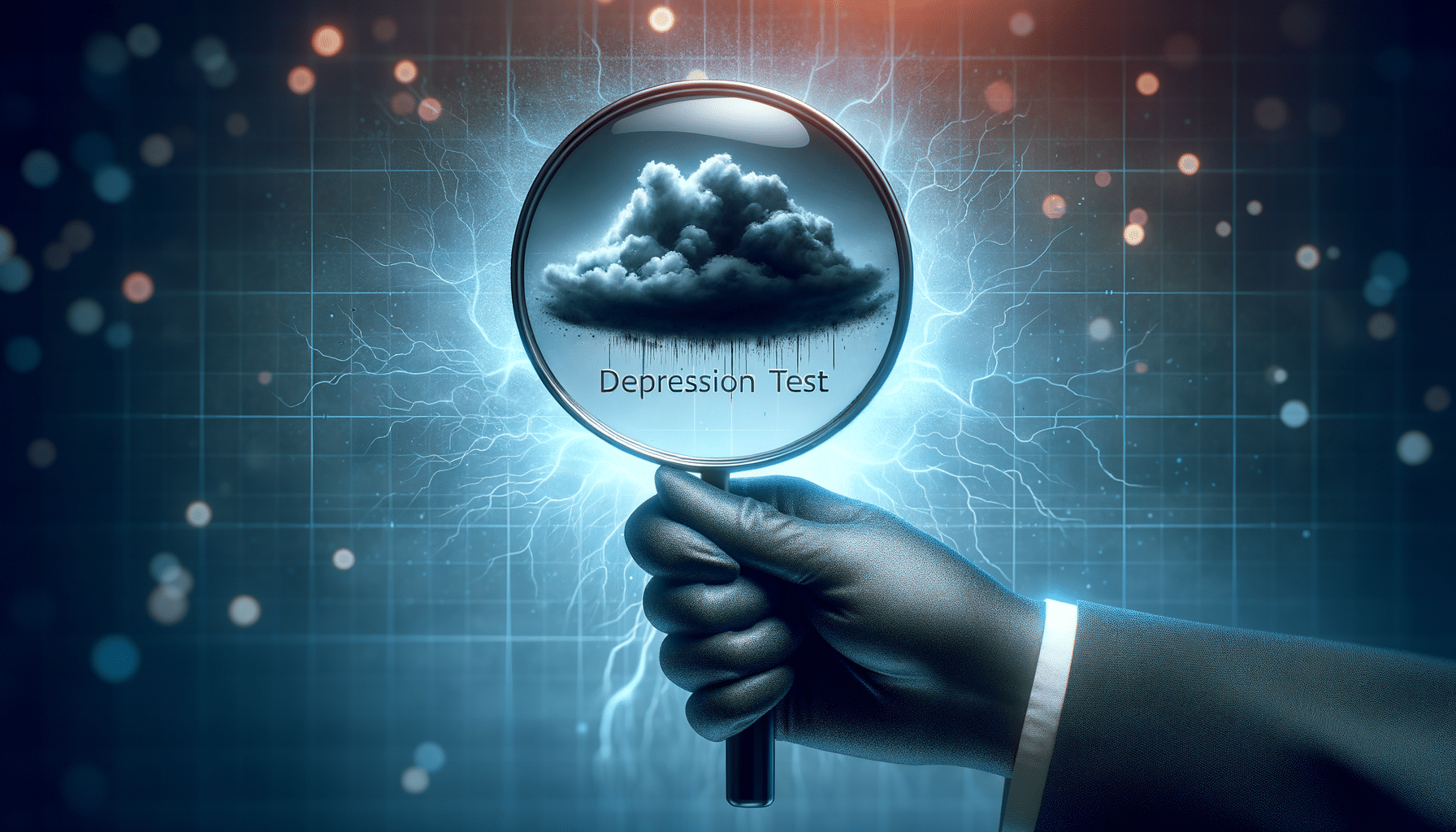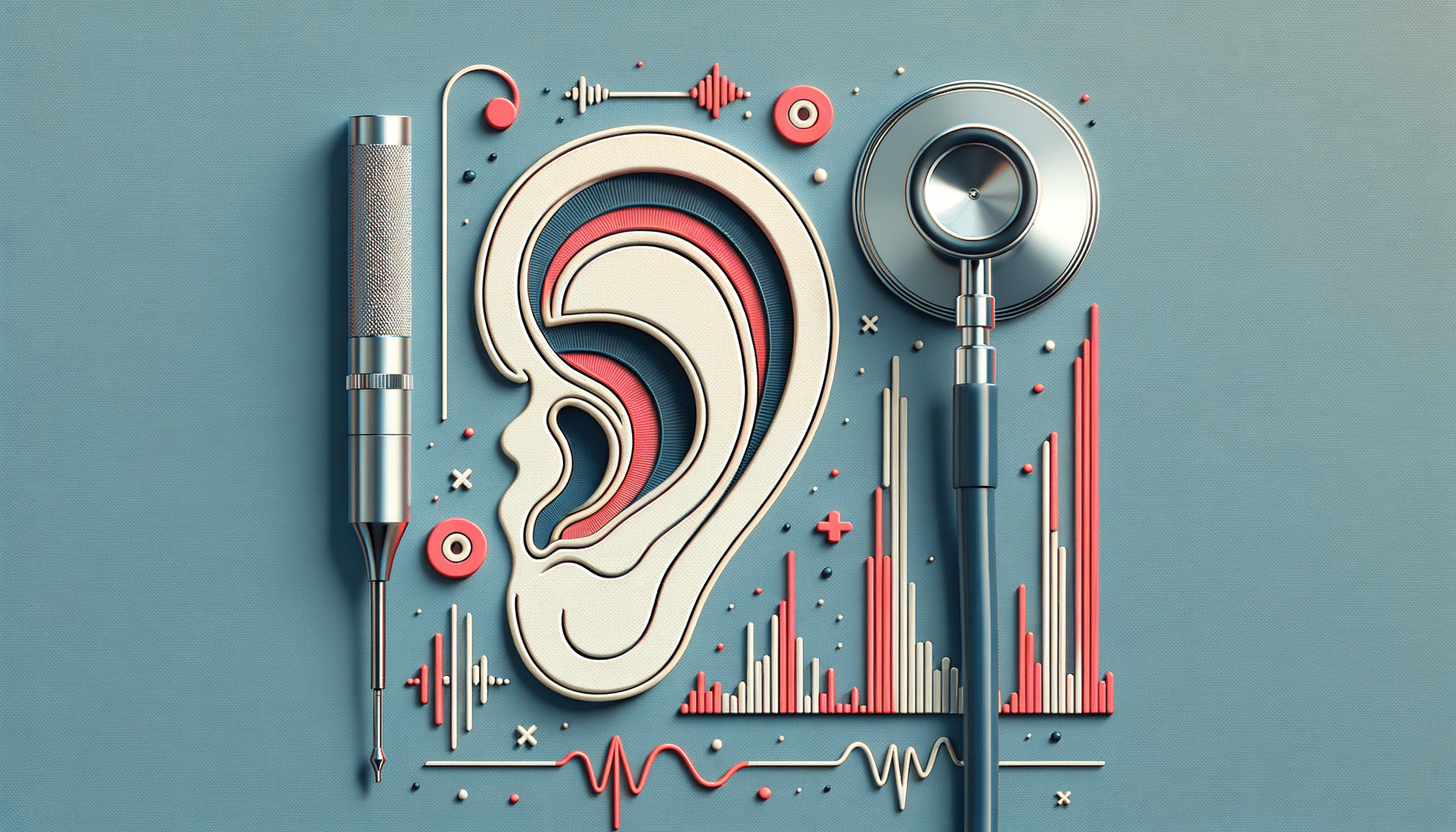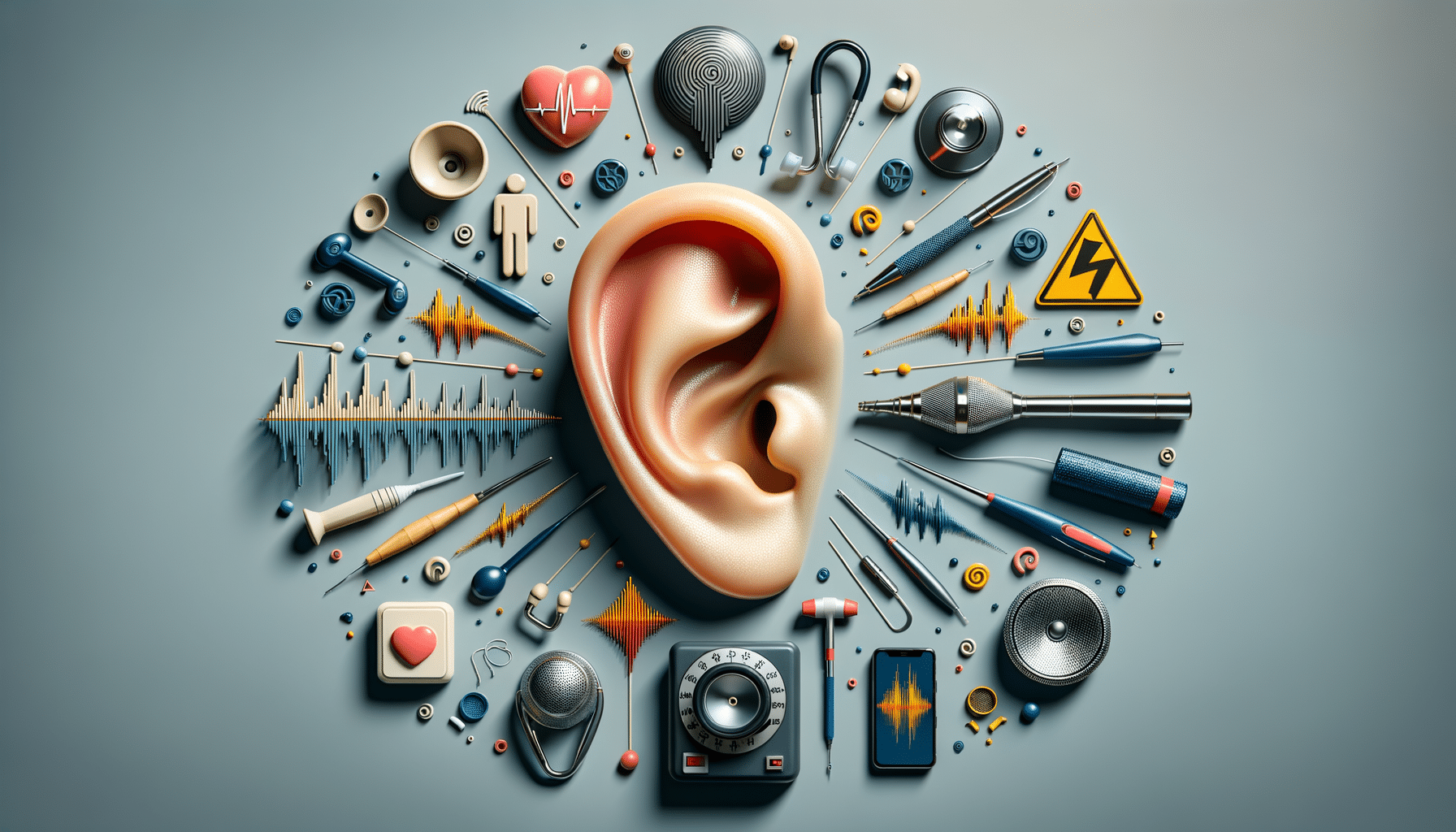
Could You Be Experiencing Early Depression? Take This Test to Find Out
Understanding Depression and Its Early Signs
Depression is a complex mental health condition that affects millions of people worldwide. It can manifest in various ways, often making it difficult to recognize in its early stages. Early detection is crucial as it allows for timely intervention, which can significantly improve outcomes. The symptoms of depression can range from mild to severe and may include persistent sadness, loss of interest in activities, changes in appetite or sleep patterns, and difficulty concentrating. Understanding these early signs is the first step in addressing the issue.
One of the challenges in identifying depression is that its symptoms can often be mistaken for normal mood fluctuations. However, when these feelings persist for weeks or months, it may indicate a deeper issue. It’s important to pay attention to changes in behavior or mood that are out of character. Recognizing these signs early can lead to more effective management and treatment options, helping individuals regain control over their lives.
Depression tests can be a valuable tool in this process. They provide a structured way to assess one’s mental health and identify potential red flags. While these tests are not diagnostic tools, they can offer insights into whether further professional evaluation is needed. Taking a depression test can be the first step towards understanding and addressing mental health concerns.
How Depression Tests Work
Depression tests are designed to evaluate the presence and severity of depressive symptoms. These tests typically consist of a series of questions that explore various aspects of an individual’s emotional and psychological state. Questions may cover topics such as mood, energy levels, sleep patterns, and thoughts of self-worth. By answering these questions honestly, individuals can gain a better understanding of their mental health status.
There are several types of depression tests available, ranging from self-assessment quizzes to more comprehensive evaluations conducted by mental health professionals. Self-assessment tests can be easily accessed online and offer a quick way to gauge whether someone might be experiencing depressive symptoms. These tests usually provide immediate feedback based on the responses given, helping individuals decide if they should seek further evaluation.
Professional evaluations, on the other hand, involve a more detailed assessment conducted by a psychologist or psychiatrist. These assessments are typically more thorough and can provide a definitive diagnosis. They often include interviews, questionnaires, and sometimes even physical examinations to rule out other potential causes of symptoms. Regardless of the type, depression tests are a valuable resource for anyone concerned about their mental health.
The Importance of Early Detection
Early detection of depression can make a significant difference in the effectiveness of treatment. When depression is identified early, individuals have the opportunity to explore a range of treatment options before the condition worsens. Early intervention can prevent the development of more severe symptoms and reduce the risk of complications such as substance abuse or self-harm.
There are several benefits to early detection and treatment of depression. First, it can lead to quicker recovery times as individuals can begin treatment before symptoms become more entrenched. Second, it allows for a broader range of treatment options, including lifestyle changes, therapy, and medication, which can be tailored to the individual’s specific needs. Lastly, early detection can improve overall quality of life by helping individuals manage their symptoms and regain a sense of normalcy.
Taking a depression test can be a proactive step towards early detection. By identifying potential issues early, individuals can seek the help they need and start on the path to recovery. It’s important to remember that seeking help is a sign of strength, not weakness, and can lead to a healthier, happier life.
What to Do After Taking a Depression Test
If a depression test indicates that you may be experiencing depressive symptoms, it’s important to take action. The first step is to consult with a healthcare professional who can provide a more comprehensive evaluation. A doctor or mental health professional can offer guidance on the best course of action based on your specific situation.
There are several treatment options available for managing depression. These may include therapy, medication, lifestyle changes, or a combination of these approaches. Therapy, such as cognitive-behavioral therapy (CBT), can help individuals develop coping strategies and change negative thought patterns. Medication can also be effective in managing symptoms, especially for those with moderate to severe depression. Additionally, lifestyle changes such as regular exercise, a healthy diet, and adequate sleep can support overall mental well-being.
It’s also important to build a support system. Talking to friends or family members about your feelings can provide emotional support and encouragement. Support groups, either in-person or online, can also be a valuable resource for sharing experiences and advice with others who understand what you’re going through. Remember, you are not alone, and there are many resources available to help you on your journey to recovery.
Maintaining Mental Health and Preventing Relapse
Once you have taken steps to address depression, maintaining your mental health becomes a priority. Preventing relapse involves ongoing self-care and vigilance in monitoring your mental health. Regular check-ins with a mental health professional can help ensure that you are staying on track with your treatment plan and making any necessary adjustments.
Developing healthy habits is crucial for maintaining mental well-being. This includes practicing stress management techniques such as meditation, yoga, or deep breathing exercises. Staying physically active and maintaining a balanced diet can also have a positive impact on your mental health. Additionally, setting realistic goals and maintaining a routine can provide structure and purpose, which can be beneficial for mental health.
It’s also important to stay connected with your support network. Regular communication with friends, family, or support groups can provide encouragement and accountability. If you notice any early signs of depression returning, don’t hesitate to reach out for help. Early intervention can prevent symptoms from worsening and help you maintain a healthy, balanced life.


